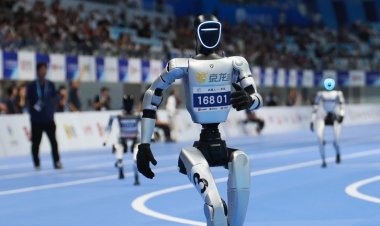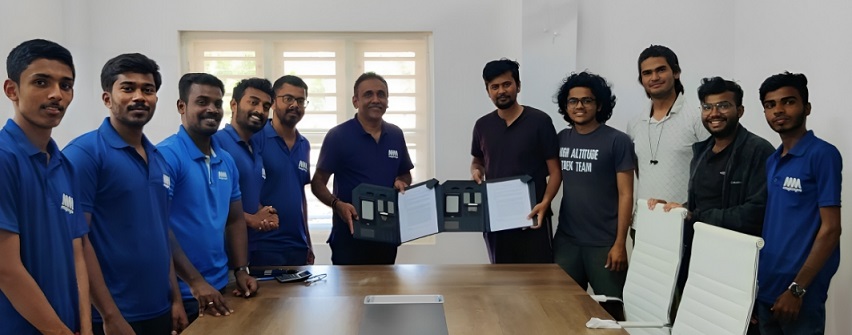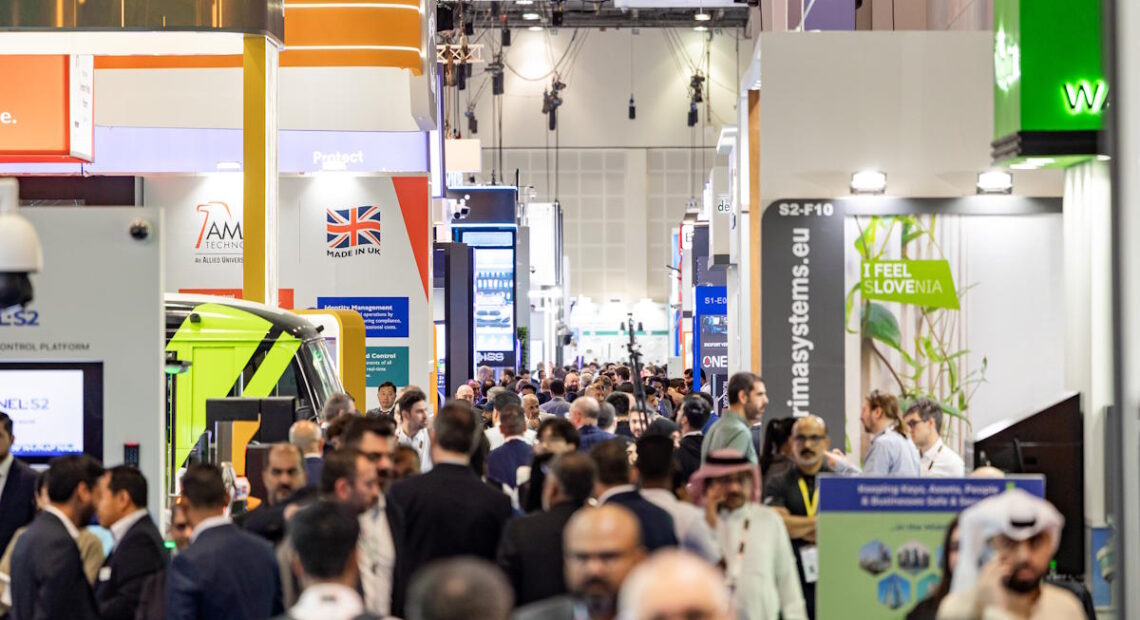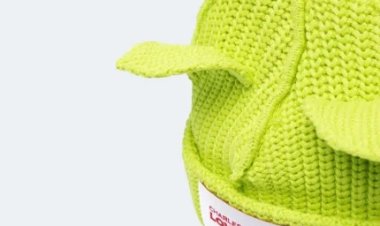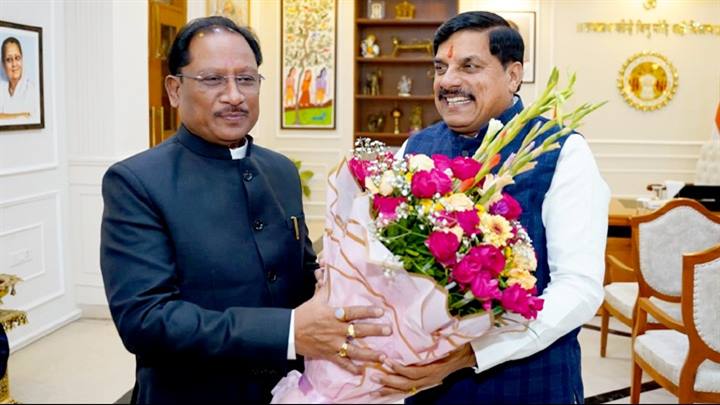Xi, Chinese Communist Party to tighten grip on power as People's Congress convenes
Thousands of Chinese Communist Party members have arrived in Beijing to begin an annual meeting of the National People's Congress and set the direction of China's next five years.
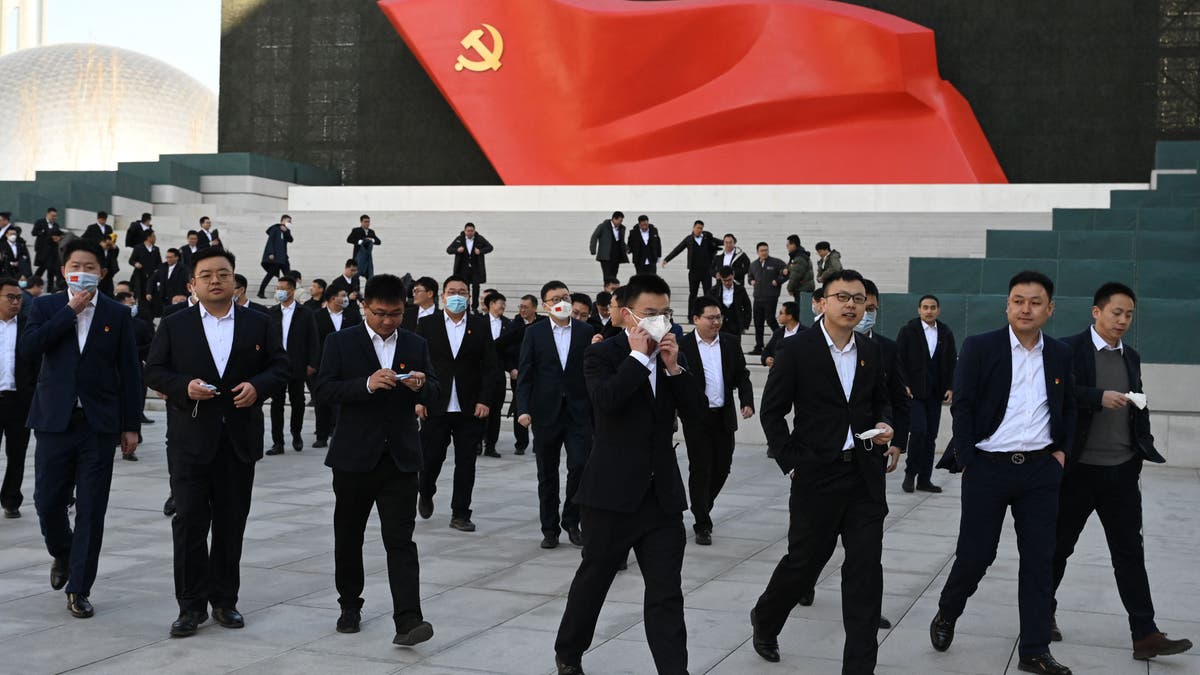
Thousands of Communist Party members have arrived in Beijing for the beginning of a much-anticipated session of its highest legislative body.
The National People's Congress is set to open on Saturday and expected to continue for approximately two weeks as delegates rubber-stamp a reshuffling of personnel.
The legislative meeting — an annual event commonly called the "two sessions" — is expected to see major shake-ups at the top levels of party leadership.
President Xi Jinping, who has already been reaffirmed for another term as general secretary of the CCP and chairman of the military commission, is expected to be approved for his third presidential term as well.
The three titles are traditionally held simultaneously by the leader of the nation.
The policy announcements and leadership picks will likely indict China's political direction for the next five years.
The People's Republic of China is a one-party socialist republic governed entirely by the Chinese Communist Party.
Election of political representatives occurs at the local level, but the public does not have input on national level appointments.
China has seen increased tension within the international community due to its continued support of ally Russia amid the latter's invasion of Ukraine.
U.S. Secretary of State Antony Blinken criticized the Chinese government this week for claiming to support a peace deal between Russia and Ukraine despite reports that China is considering lending lethal aid to its ally.
Mao dismissed Blinken's remark, calling the accusations hypocritical as the U.S. continues to fund the Ukrainian military to repel Russian invading forces.
"The U.S. has been pouring lethal weapons into the battlefield in Ukraine, fanning up the flames and spreading disinformation. We are firmly against that," Mao said.
Mao continued, "The U.S. needs to reflect on itself, stop sowing confusion, stop trying to mislead the world and stop making presumptions about others based on the U.S.'s own behavior. The U.S. needs to step up to its responsibility, help de-escalate tensions and promote dialogue and stop pointing fingers and discrediting other countries."
China has also come under increased scrutiny as U.S. government agencies have begun taking more seriously the "lab leak" theory regarding the source of the COVID-19 pandemic.













